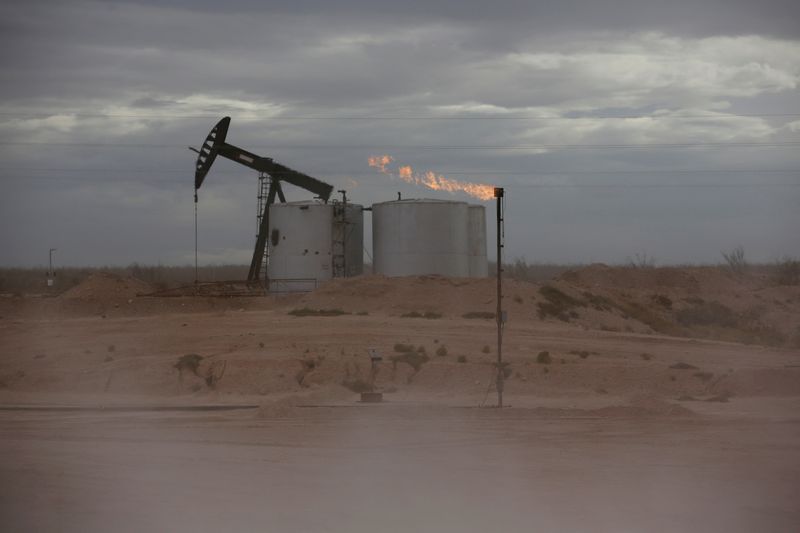U.S. is ready to increase oil exports in 2023
2022.12.19 13:25
[ad_1]

U.S. is ready to increase oil exports in 2023
Budrigannews.com – Over the past few years, the United States has emerged as a major exporter of crude oil around the world; however, since World War II, the country’s exports have not outpaced its imports. That may alter in the coming year.
A record 3.4 million barrels per day (bpd) are being sold to other countries, and refined products like gasoline and diesel fuel are being exported at about 3 million bpd. In addition, the United States is the largest exporter of liquefied natural gas (LNG), and growth is anticipated to accelerate in the coming years.
However, despite having the highest crude consumption rate in the world, the United States has never produced more than 13 million barrels per day. It was foolish to think that it would not be a major crude importer up until recently.
Net U.S. crude oil imports fell to 1.1 million barrels per day (bpd) last month, the lowest level since records began in 2001, according to government data. Compared to five years ago, when the United States imported more than 7 million barrels per day, that is a significant decrease.
This year, sanctions affecting Russia’s oil and natural gas exports following its invasion of Ukraine and Washington’s massive release of oil from emergency reserves to combat rising gasoline prices have altered that equation.
According to Rohit Rathod, a market analyst with energy research firm Vortexa, “Russia’s invasion of Ukraine has spurred new demand for U.S. energy” and “should push oil exports above imports late next year assuming shale output accelerates.”
The United States of America needs to either increase production or reduce consumption in order to become a net exporter of crude. Petroleum demand in the United States is expected to rise by 0.7% to 20.51 million barrels per day next year, necessitating an increase in production.
Including Saudi Arabia and Russia, the United States already produces more oil than any other nation. The U.S. shale fields are getting older, and this year’s production growth has been sluggish. In general result ought to arrive at a record 12.34 million bpd one year from now – however provided that costs are sufficiently rewarding to urge oil drillers to siphon more.
According to data analytics company Kpler, Asian refiners have increased purchases to 1.75 million barrels per day as a result of U.S. crude’s deeper discounts to global benchmarks. This has helped European refiners compensate for the loss of Russian oil.
In order to provide better service to the enormous tankers that can carry more than 2 million barrels of oil, operators of export terminals are rushing to increase their capacity.
Sean Strawbridge, chief executive of Port of Corpus Christi, the largest oil export facility in the United States, stated, “Russia has proven to be an unreliable supplier.” That truly opens up a wonderful opportunity for American energy and producers.
Strawbridge stated that on top of the record-breaking third quarter shipments of 2.2 million bpd in the most recent quarter, Corpus Christi could see an increase in exports of 100,000 bpd next year.
Net exports could decrease, according to analysts, if sanctions on Venezuelan crude oil are eased further, leading to an increase in shipments from that nation, or if many countries worldwide enter recession, which would reduce demand.
In the first half of 2022, demand from Europe and rising prices helped the United States surpass Qatar and Australia to become the largest exporter of liquefied natural gas in the world.
According to Kpler analyst Matt Smith, as Europe scrambles to replenish storage that was depleted this winter, LNG exports are likely to continue rising into 2023.
More Oil continued to grow in U.S. session
Products exported from refineries have decreased as a result of plant closures and lower consumer demand. EIA data showed that the United States exported an average of 3.1 million barrels per day (bpd) of fuels through September of this year, down from 3.2 million bpd in the same time period in 2019.
Diesel was an exception, with exports reaching a three-year high of 1.3 million barrels per day in July, according to Kpler data. Europe’s forthcoming prohibition on Russian fuel has driven diesel shipments to Europe to average 330,000 bpd in the initial 15 days of December, in excess of multiple times its month to month normal up until this point this year.








